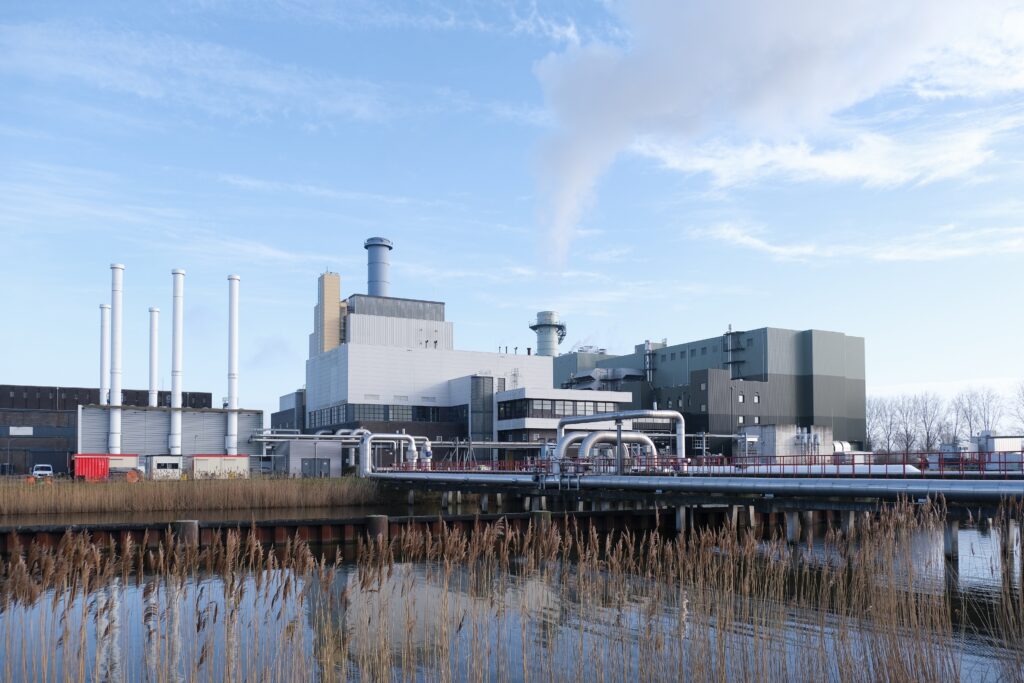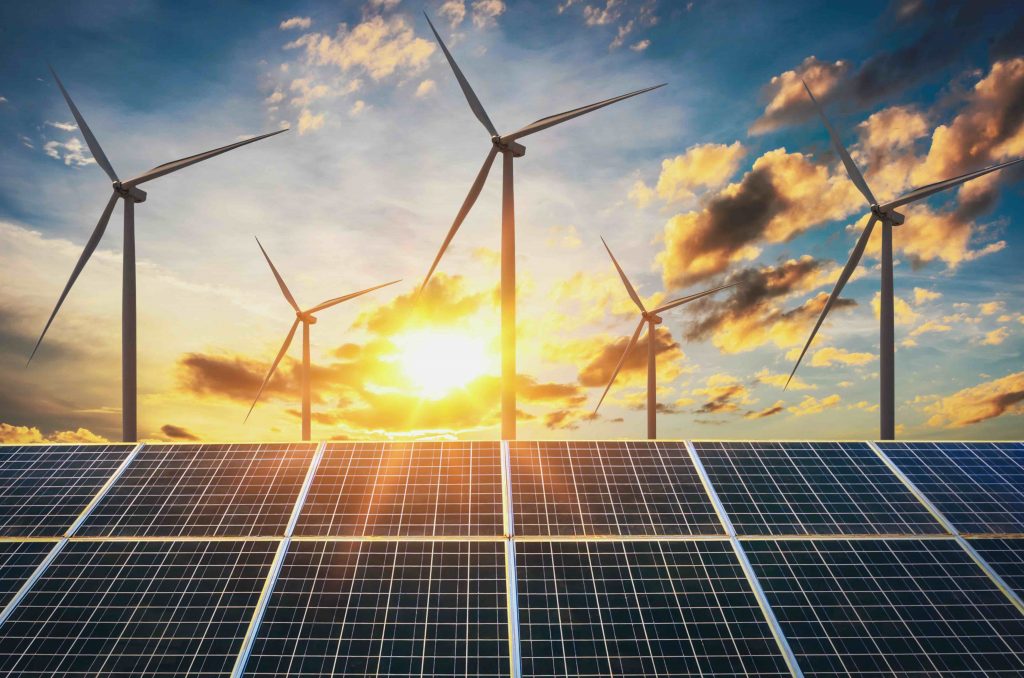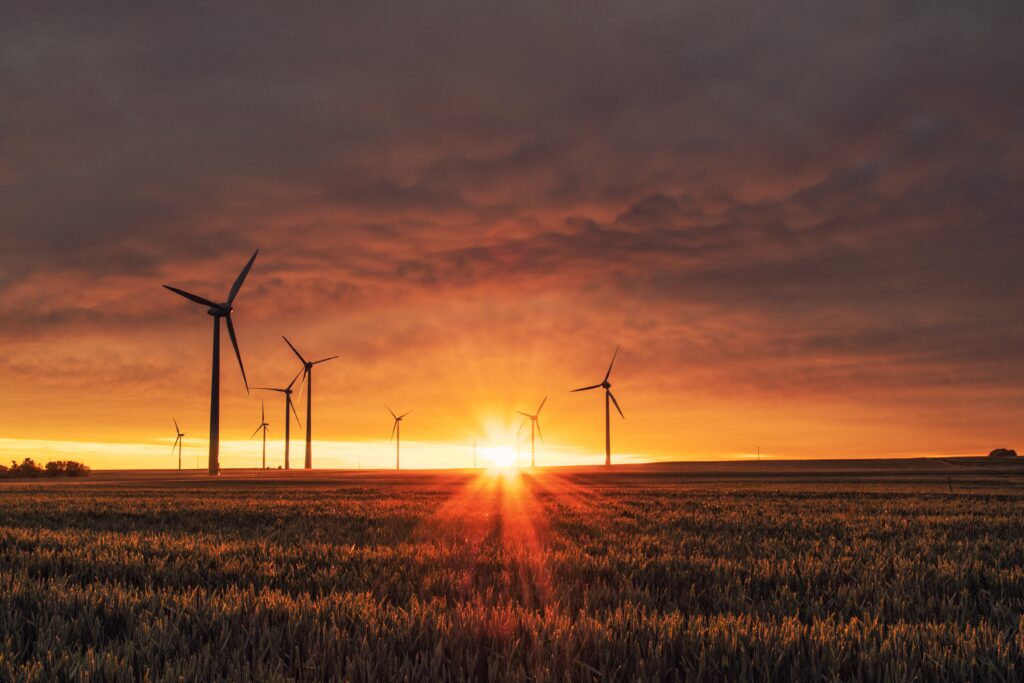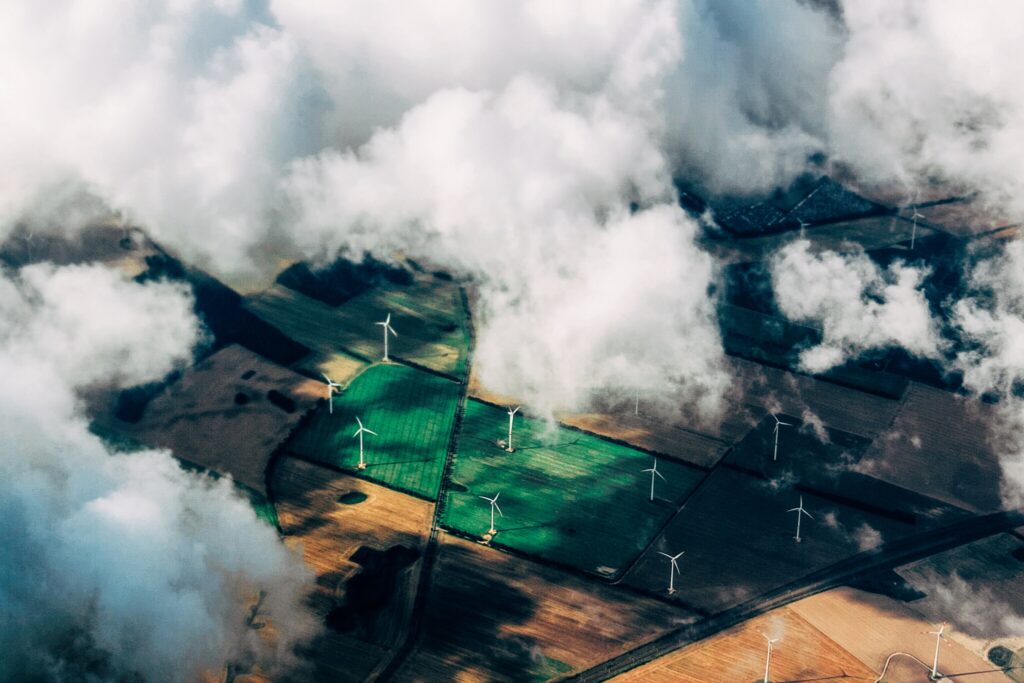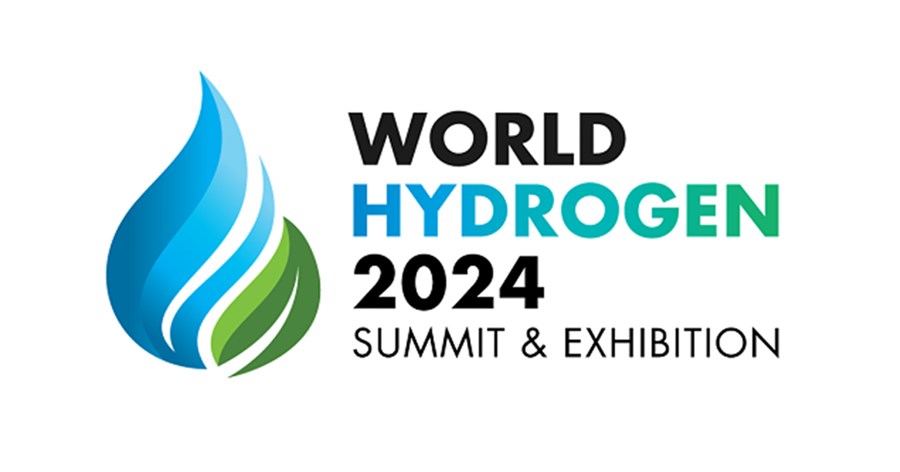Energie-Nederland sees heat networks (collective heat), just like the government, as an important alternative to heating with natural gas. Affordability of collective heat and a new tariff system that is no longer based on the price of natural gas are crucial. Minister Jetten wants to improve affordability in the short term. Last week he announced an emergency law that brings forward part of the new tariff system and will reduce the legally permitted rates. However, Energie-Nederland is concerned that the emergency law may have unintended side effects. If costs remain the same while the legally permitted rates decrease, investing in new heating networks will become even more difficult and the heating transition will be further delayed.
Returns from heating companies, which ACM monitors, are reasonable The ACM annually determines the maximum rate that heating companies may charge. Companies should not sit be above that. In addition, the Netherlands Authority for Consumers and Markets (ACM) has also been monitoring returns since 2014. The returns are reasonable according to the ACM: an average of approximately 4.5% for the entire sector since 2014, only 2.7% in 2022. If a company were to make too high a return, the ACM has the authority to intervene and force a company to reduce rates in the following year. Heat rates will not necessarily be lower in the new rate system, which is what many people seem to expect. And public companies are not cheaper than private ones.
‘Expensive’ heating networks affect households, municipalities, housing associations and heating companies In recent weeks, the impression has emerged that existing heating networks are too ‘expensive’ because heating companies charge too high rates. That image is incorrect. Rates have risen in recent years mainly due to more expensive materials and inflation, of course within the maximum rate that the ACM sets annually. Furthermore, all players in the heating market see that new heating networks cannot be calculated. This applies not only to heating companies but also to municipalities, housing associations and financiers. Energie-Nederland shares the concern of all those parties that the image of (too) expensive heating networks undermines support for heating networks.
If the gas price rises, heat customers will be cheaper than gas customers. And vice versa. Because the ACM sets the maximum rate for heat once a year, it may happen that a heat customer is temporarily more expensive or cheaper than a household with natural gas. This is why. If the gas price rises, as in 2022, heating customers will be cheaper, up to 65%. See the DWA study (April 2022). And if the gas price falls, as is now the case, heating customers will pay more. It is understandable that the latter leads to questions.
Energie-Nederland is 100% committed to the lowest possible rates and acceleration of the rollout of heating networks Energie-Nederland is in intensive discussions with BZK, EZK and Aedes to keep the heating rates for households that are already connected to a heating network as low as possible. However, it remains necessary that companies can make a reasonable return. Only then can they continue to invest in new networks, in making existing networks more sustainable and can they guarantee service to their customers at the required level.

